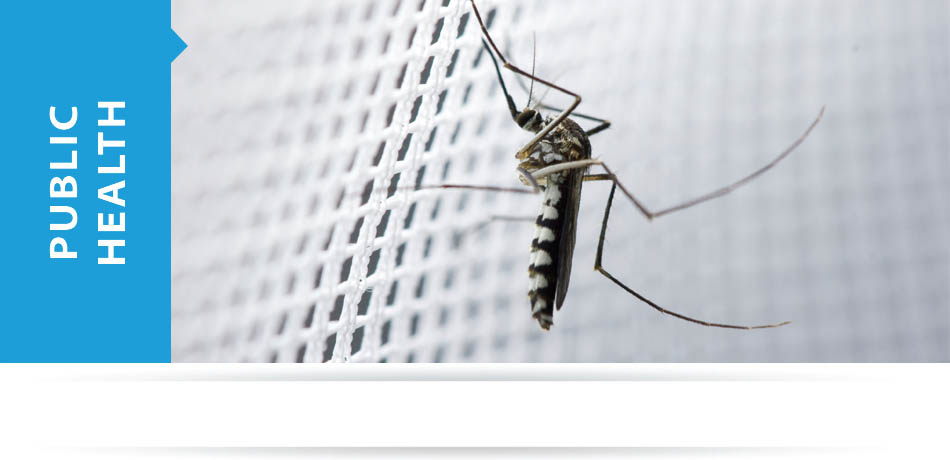Malaria in Pregnancy is a Predictor of Infant Haemoglobin Concentrations during the First Year of Life in Benin, West Africa (Accrombessi, 2015)
Accrombessi, Manfred, Smaïla Ouédraogo, Gino Cédric Agbota et al., “Malaria in Pregnancy is a Predictor of Infant Haemoglobin Concentrations during the First Year of Life in Benin, West Africa,” PLOS One 10, no.6 (June 2015), doi:10.1371/journal.pone.0129510
URL: journals.plos.org/plosone/article?id=10.1371/journal.pone.0129510
Abstract
Background: Anaemia is an increasingly recognized health problem in Africa, particularly in infants and pregnant women. Although malaria is known to be the main risk factor of anaemia in both groups, the consequences of maternal factors, particularly malaria in pregnancy (MiP), on infant haemoglobin (Hb) concentrations during the first months of life are still unclear.
Methods: We followed-up a cohort of 1005 Beninese pregnant women from the beginning of pregnancy until delivery. A subsample composed of the first 400 offspring of these women were selected at birth and followed until the first year of life. Placental histology and blood smear at 1stclinical antenatal visit (ANC), 2nd ANC and delivery were used to assess malaria during pregnancy. Infant Hb concentrations were measured at birth, 6, 9 and 12 months of age. A mixed multi-level model was used to assess the association between MiP and infant Hb variations during the first 12 months of life.
Results: Placental malaria (difference mean [dm] = – 2.8 g/L, 95% CI [-5.3, -0.3], P = 0.03) and maternal peripheral parasitaemia at delivery (dm = – 4.6 g/L, 95% CI [-7.9, -1.3], P = 0.007) were the main maternal factors significantly associated with infant Hb concentrations during the first year of life. Poor maternal nutritional status and malaria infection during infancy were also significantly associated with a decrease in infant Hb.
Conclusion: Antimalarial control and nutritional interventions before and during pregnancy should be reinforced to reduce specifically the incidence of infant anaemia, particularly in Sub-Saharan countries.
This study illustrates the important connection between maternal and neonatal health. Providing appropriate and quality healthcare for women during pregnancy is a crucial part of her dignity and also promotes the health and wellbeing of her child. Malaria and the mother’s poor nutritional status are primary contributors to anemia in infants.








